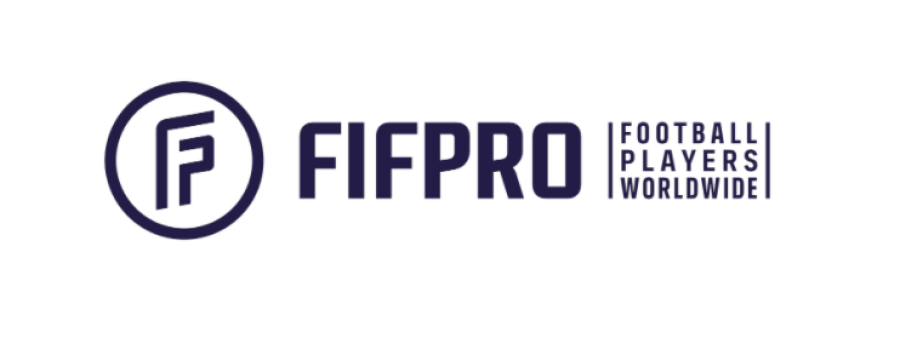FIFPRO and BWI agreements helps empower footballers to support workers in World Cup host nations
FIFPRO and Building and Woodworkers’ International (BWI) have signed a cooperation agreement that will give professional footballers concerned about human rights a platform to support the rights of vulnerable workers before, during and after the 2022 FIFA World Cup in Qatar.
Through the agreement, the international representative of professional footballers, is aligning with the global trade union of construction workers, which campaigns on behalf of migrant employees in Qatar. The agreement sets out a framework to push for the protection and advancement of employment rights in and around football, and pursue a sustainable and lasting legacy from international tournaments. It will help footballers to engage directly to support worker rights in Qatar and in other countries selected to host a major football competition.
The three-year cooperation aims to guarantee decent and fair employment in the Gulf state, which has as many as two million migrant workers, many of them from southeast Asia and Africa. FIFPRO is joining BWI in seeking to ensure employees have the rights to freely move between jobs and benefit from fair arbitration in employment disputes. They will also aim to enshrine new rights to bargain collectively and make sure that the migrant workforce has a working life free from discrimination.
The cooperation between FIFPRO and BWI is being announced as BWI releases Dribble or Goal? Tracking the Score for Decent Work Legacy in Qatar, a report that makes 12 recommendations for an employment legacy from the 2022 FIFA World Cup.
BWI has campaigned for a decade for the rights of workers without a voice in Qatar, where there is no official national trade union. FIFPRO, with affiliated national player associations, campaigns for fair employment rights in global football on behalf of professional footballers. As part of the collaboration, both global trade unions will facilitate further discourse between footballers and migrant workers to promote solidarity and help guide players who want to help drive positive changes.
“WE ARE PROUD TO BE THE REPRESENTATIVE OF PROFESSIONAL FOOTBALLERS AT A TIME WHEN THEY HAVE BECOME VOCAL ADVOCATES ON HUMAN RIGHTS ISSUES”
Jonas Baer Hoffmann, FIFPRO General Secretary, said: “Professional football has an obligation to uphold the principles of fairness and equality across the game: this includes protecting human rights in and around tournaments and leaving behind a social legacy from major competitions. We are proud to be the representative of professional footballers at a time when they have become vocal advocates on human rights issues. Through this agreement with BWI we will be able to channel their voices and actions to pursue more positive social change. Let’s not forget that, while footballers have no say in the decision to pick tournament host countries, they inevitably become the face of those events when they run onto the pitch to compete. They feel a responsibility to foster human rights in those countries.”
Ambet Yuson, BWI General Secretary, said: “Construction workers and migrant workers around the world often find themselves in vulnerable positions. BWI has been campaigning for the respect of rights and good working conditions at global sporting events for more than a decade. These two priorities came together in Qatar where nearly all construction workers are migrant. This unique partnership with the football players is a milestone in our collective journey for decent work for everyone in Qatar, and everywhere in the world around mega-sporting events. Major competitions have the potential to impact on issues that go beyond sport and affect societies and local communities. Workers and players united around shared values can achieve common objectives and sustain a legacy of decent work that brings real change in the lives of migrant workers in Qatar toward 2022 and beyond. For BWI, labour is part of the team.”
Tim Sparv, Finland’s national team captain and a member of FIFPRO’s Global Player Council, said: “As the players who make the game we are having an ever growing influence on the communities where we play. Football is in a unique position to bring people together to help address some of the greatest challenges of our societies. This cooperation between players and migrant workers is the starting point to help improve the social fabric of the game and leave a positive outcome for other workers who can benefit from football’s legacy.”
The original article can be found here.
Thursday, 15 July 2021




